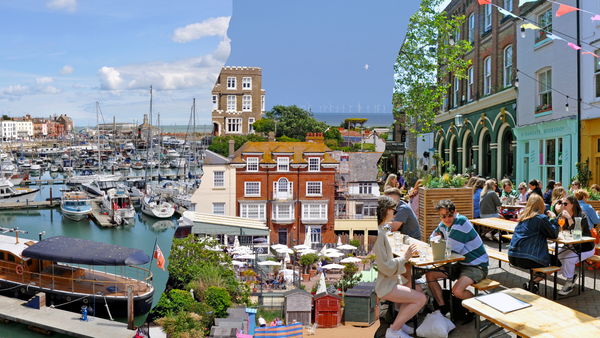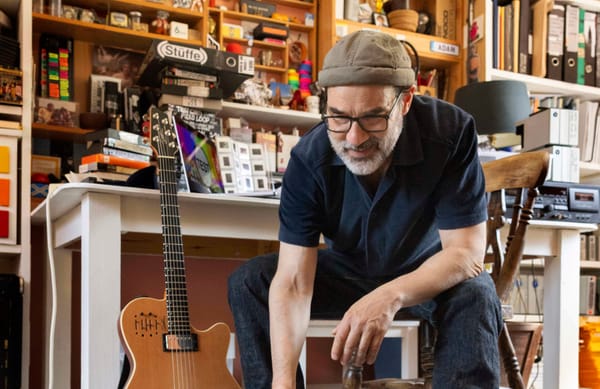“Death positive” witchcraft festival welcomes the darker months
High Priestess witch Tree Carr discusses A Dead Good Festival, which she hopes will challenge the taboos of death and bring a bit of magic to Margate
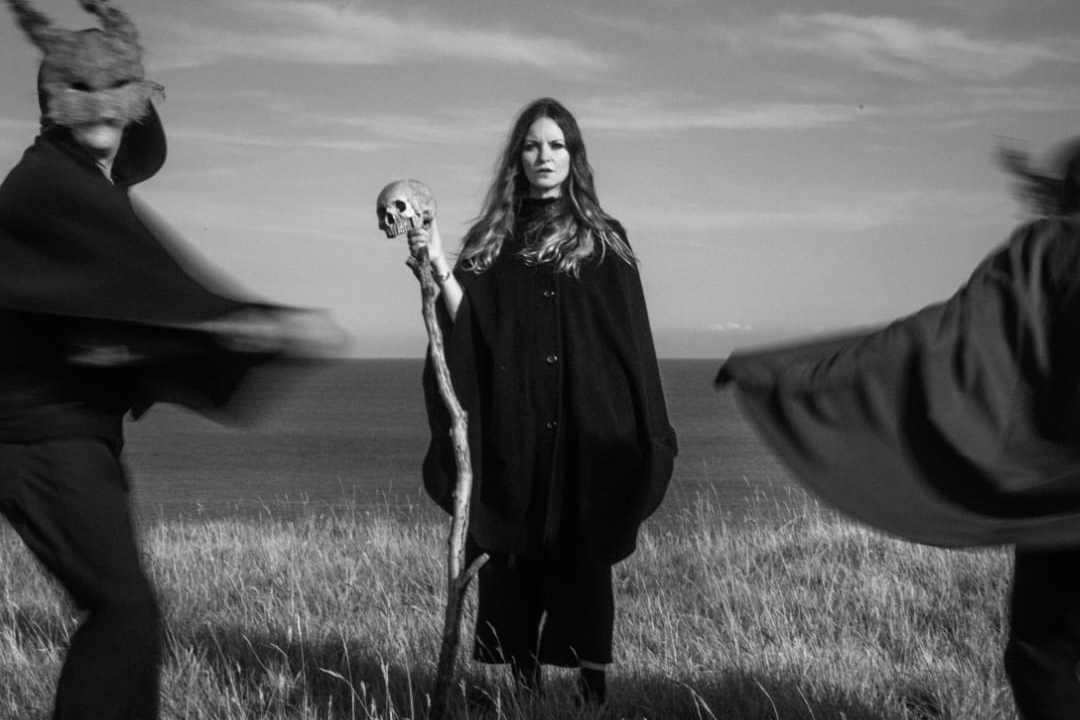
“I consider myself a rational mystic,” says Tree Carr, sitting across from me in a busy Cliftonville cafe. As excited as I’d been to meet a high priestess witch and find out what makes her tick, this is not an avenue I’d foreseen when preparing for our conversation.
“You hear things like ‘woo woo’”, she says. “I don't consider myself ‘woo woo’ at all. Although people might think I am. I’m rooted a lot in science.”
Are science and magic not mutually exclusive, I ask. Far from it, she tells me that she sees them both as being “beautifully intertwined.”
“It was really in the Age of Enlightenment [in the 17th century], where we had a divorce between the two,” she continues. “A lot of the original people who discovered the constellations and who-identified the planets were also astrologers. So they believed in myth and connection."
Cementing her point, she goes on, “Science is the observation of the universe, and taking the empirical data and wanting to know how it works. And magic is the participation of being in the universe. It's taking chances and using imagination and creating things. The two together are really great, I think.”
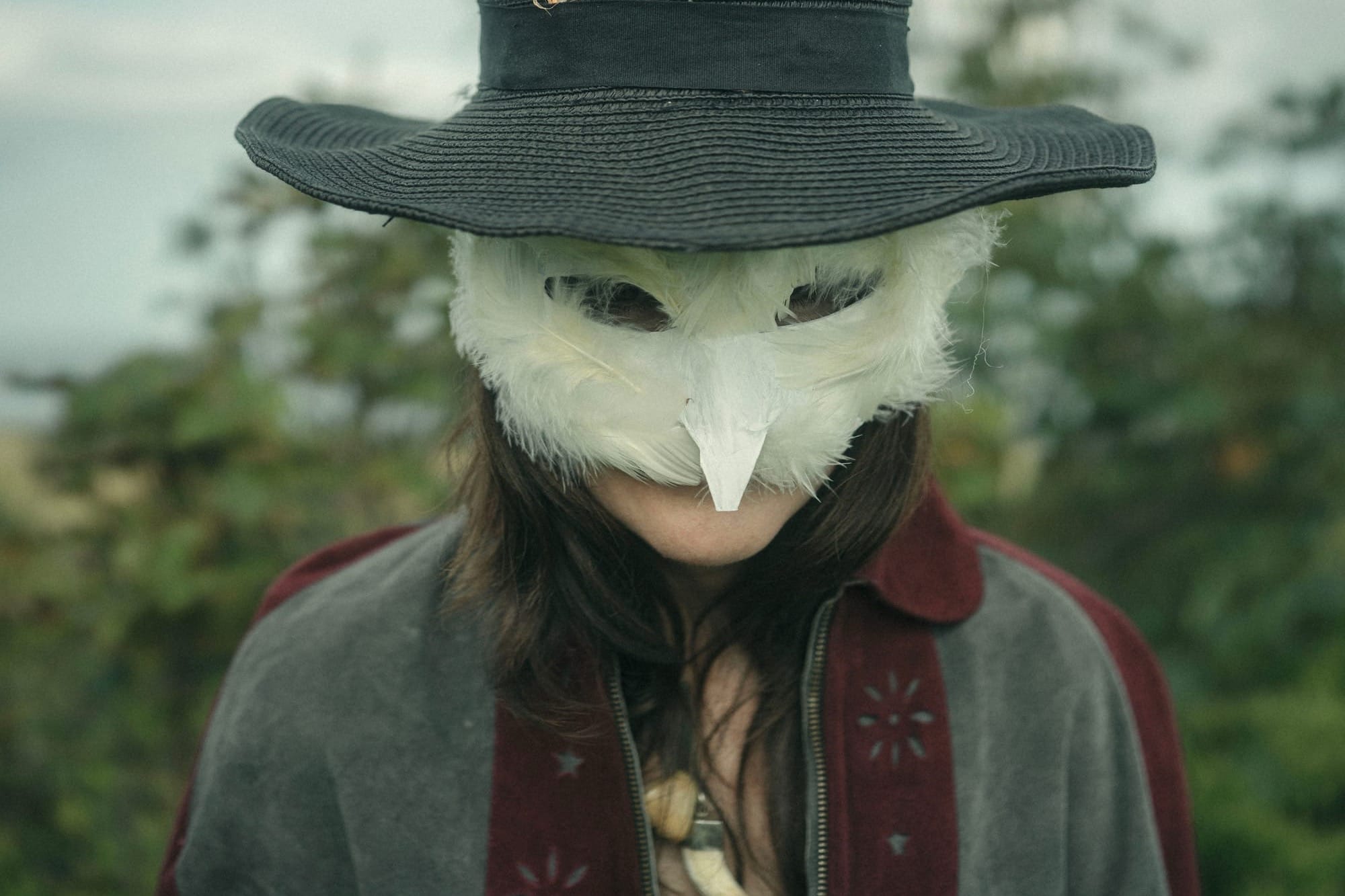
We haven’t actually come here for a philosophical discussion, although we seamlessly slip into them several times during our illuminating conversation, covering everything from attitudes to death to the mystique of island life.
All of this feeds into the real reason we’re talking. A Dead Good Festival is a “death positive” four day event featuring talks, performances, film screenings, rituals and more to mark Samhain, which falls on October 31. Pronounced ‘sah-win’, this is new year for witches, with its origins in the same ancient Celtic harvest festival as the more “consumerist pursuit” Halloween.
“In magical pagan cosmology, we follow the cycles and the wheels of the year,” explains Tree. “It's not so much that we follow the Roman calendar of seven days a week. We follow more the moon cycles and the season cycles. So we're not in summer, we're in the light period, and we're going to be moving into the darker period.”
Samhain, Tree says, is “the pivotal moment of summer's end.” While it acts as a marker for many things, the liminal space it occupies between light and dark makes it “natural that we start honouring things like death.”
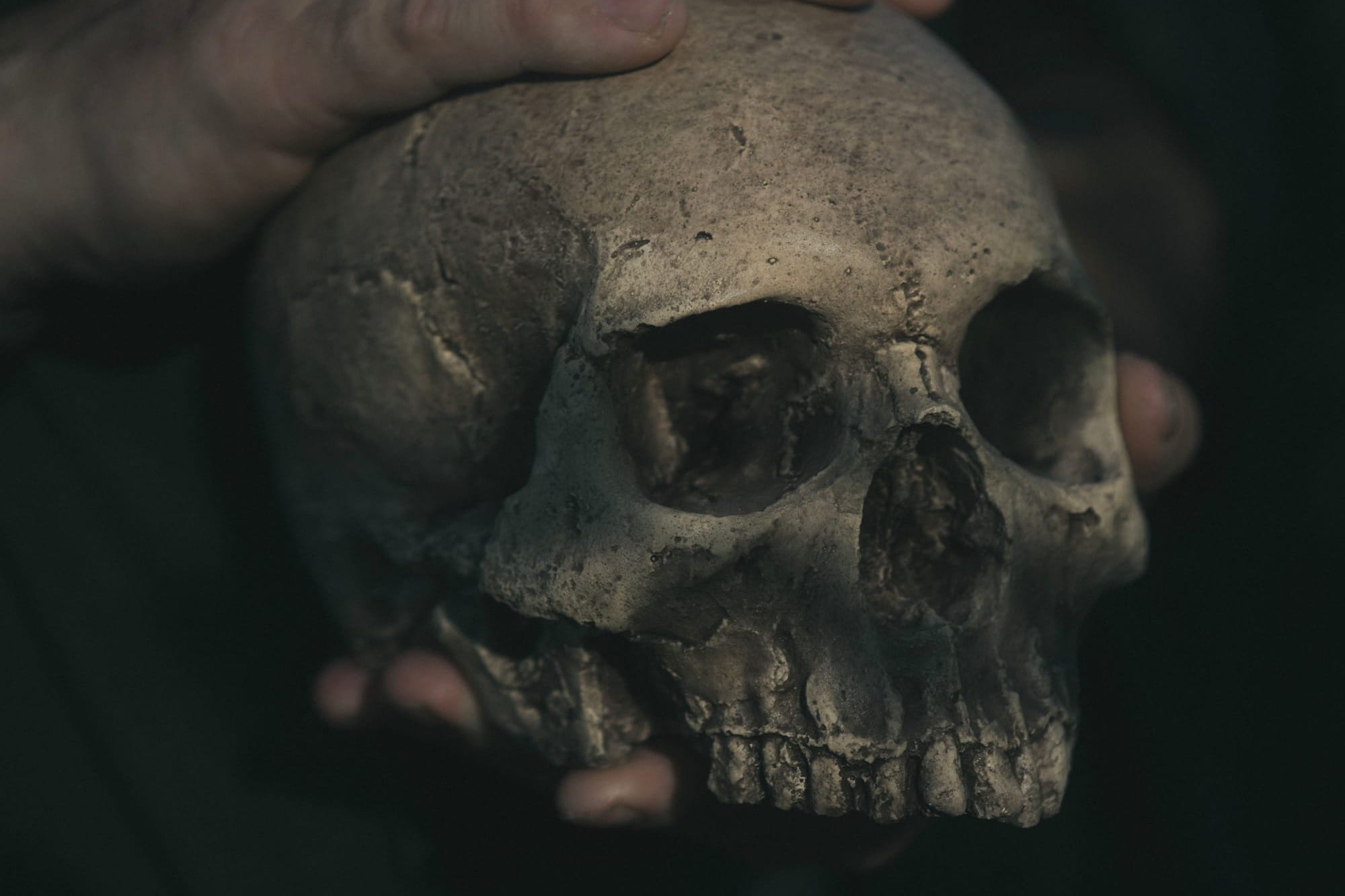
While Samhain - like Halloween - centres on death, Tree stresses that she and the other members of Thanet’s Samhain Society, who are organising A Dead Good Festival, are keen to put forward a more “compassionate and positive approach” to death.
“Halloween is all focussed on things being scary,” she says. “Scary and dead. I want to reframe it in a way where we take death out of the taboo closet, or the scary closet, and make it a really community-connecting, family-connecting, kinship-connecting. Both for those who are here alive, and also for those who have died.”
She proposes a more “death positive approach” to the “very realistic cycles of life, death, and rebirth”, where we “celebrate it in a positive way. Instead of the spooky, scary way.”
It’s a celebration of life, she says, as well as “embracing the reality of death.”
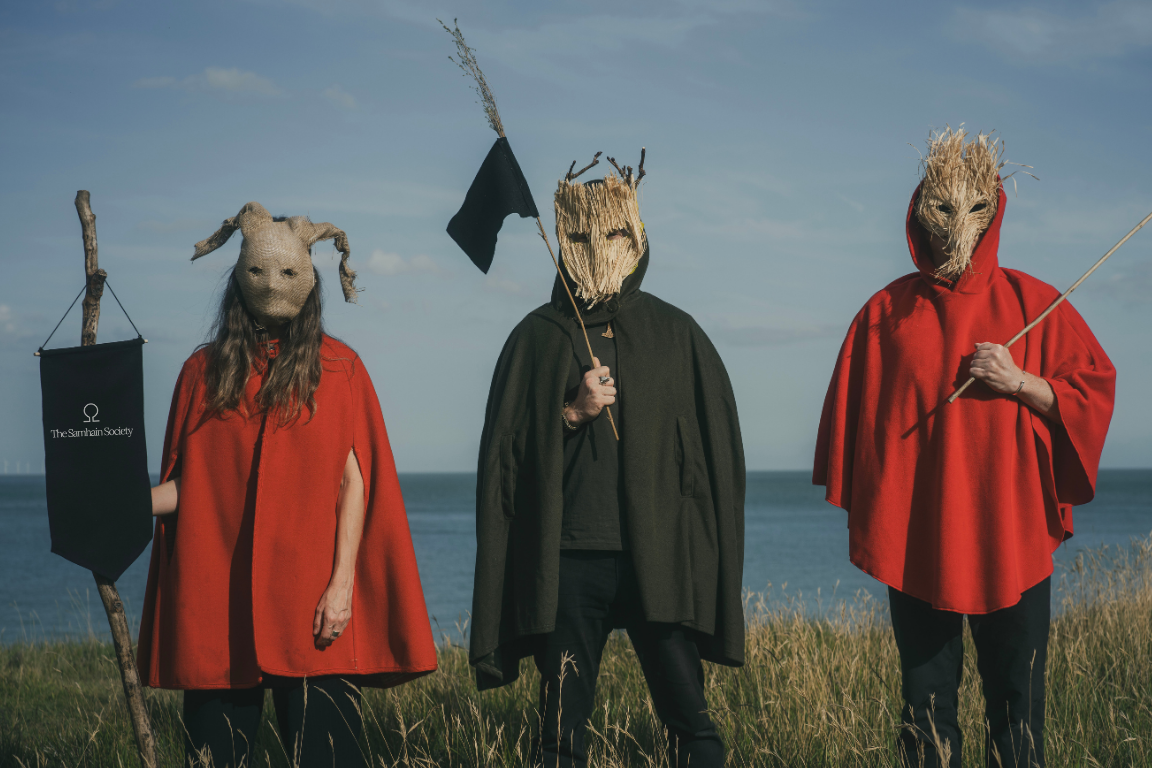
Tree formed The Samhain Society this summer, joined by her partner Adam Carr, event organiser Dee Peyok and Bar Nothing owner Aldene Johnson. Tara Li-An Nomayo of Smith & Sun, and artist Paul Buckingham also make up the society.
With death positivity as their theme, they have put together an exciting and varied programme of events for the first edition of their festival, which will take place across three venues - Bar Nothing, Smith & Sun, and the Shell Grotto.
The line up includes talks on topics such as local history, tarot’s “terrible cards”, and shadow work - exploring the hidden parts of your psyche. There are also workshops, including one to cast your own metal talisman using an eighth century technique. Meanwhile, the programme of evening events includes a sonic seance with live performances from the bands Black Market Karma and AUTOHAUs.
On the night of Samhain itself, there will be a procession down to the beach for a ritual to honour the dead. It will be, says Tree, “an honouring and a ritual for ancestors, and anyone who's died in people's lives.”
As well as a chance for participants to “dress their Samhain best”, it will also offer a chance to “collectively come together” and buck our traditional approach to death. “Often people grieve alone in the West,” she explains. “We're really disconnected from grief.”
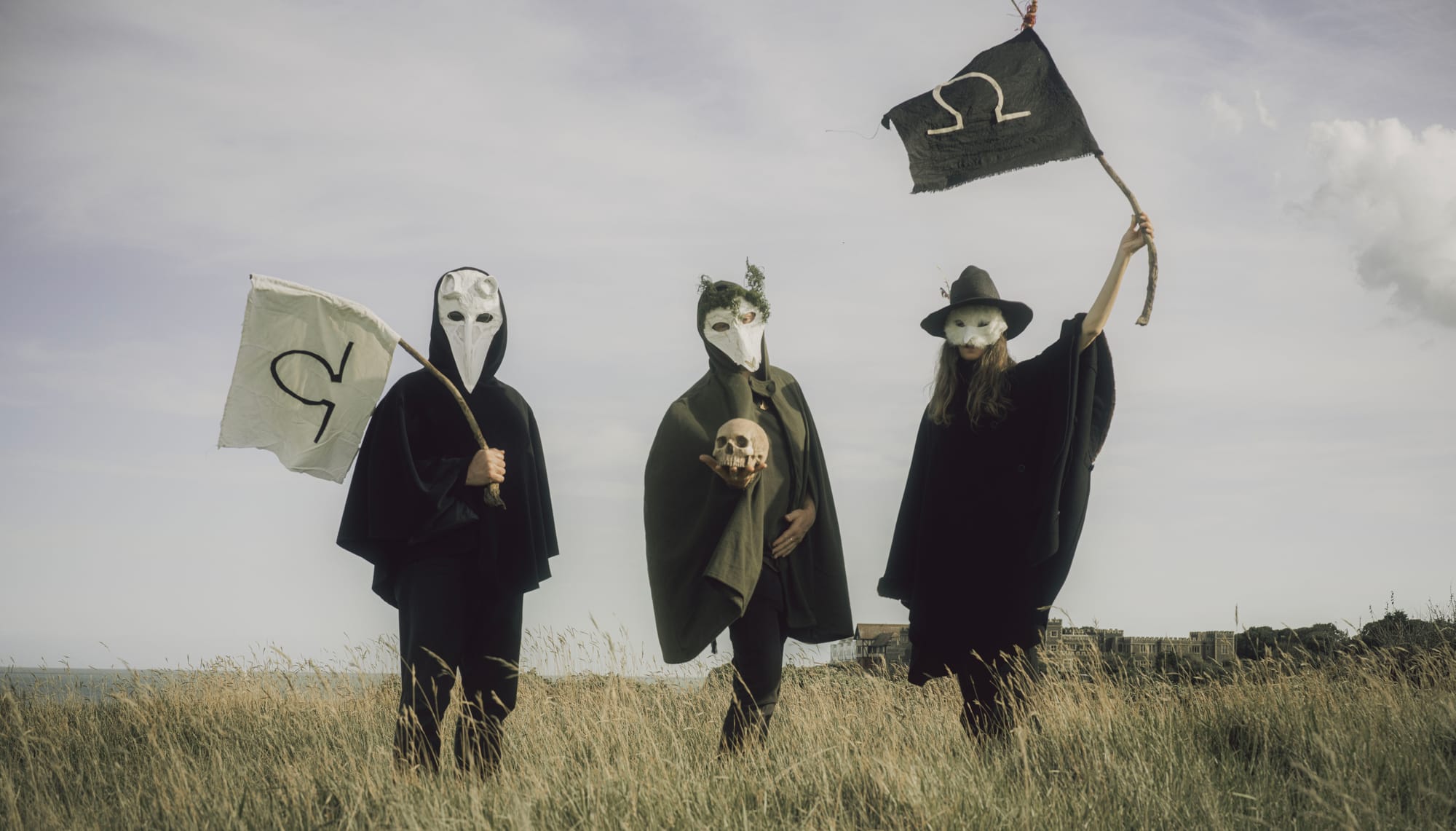
Following the ritual, the procession will make its way up to Bar Nothing for “a grief rave, where we can just dance off the blues and celebrate life.”
Another highlight of the programme is a series of sound rituals in the Shell Grotto, led by singer Charlotte Church - who, alongside Tree, recently began offering witchcraft retreats on her Welsh estate.
The addition of these rituals to the programme came out of a theory put forward by local historian Dan Thompson - who will also be leading a history walk as part of the festival - that the grotto was originally built as a sound chamber.
While this is one of many theories on why the mysterious underground cavern was built, Tree explains that the millions of shells are actually placed quite unusually, compared to other similar shell adorned caverns.
“They’re facing a certain way so it creates a sound,” she says. “And the way the chambers are, the sound travels very unusually in there.”
Whether the theory is correct we will never know. Regardless, says Tree, “it'll be like a pretty, pretty powerful affair.”
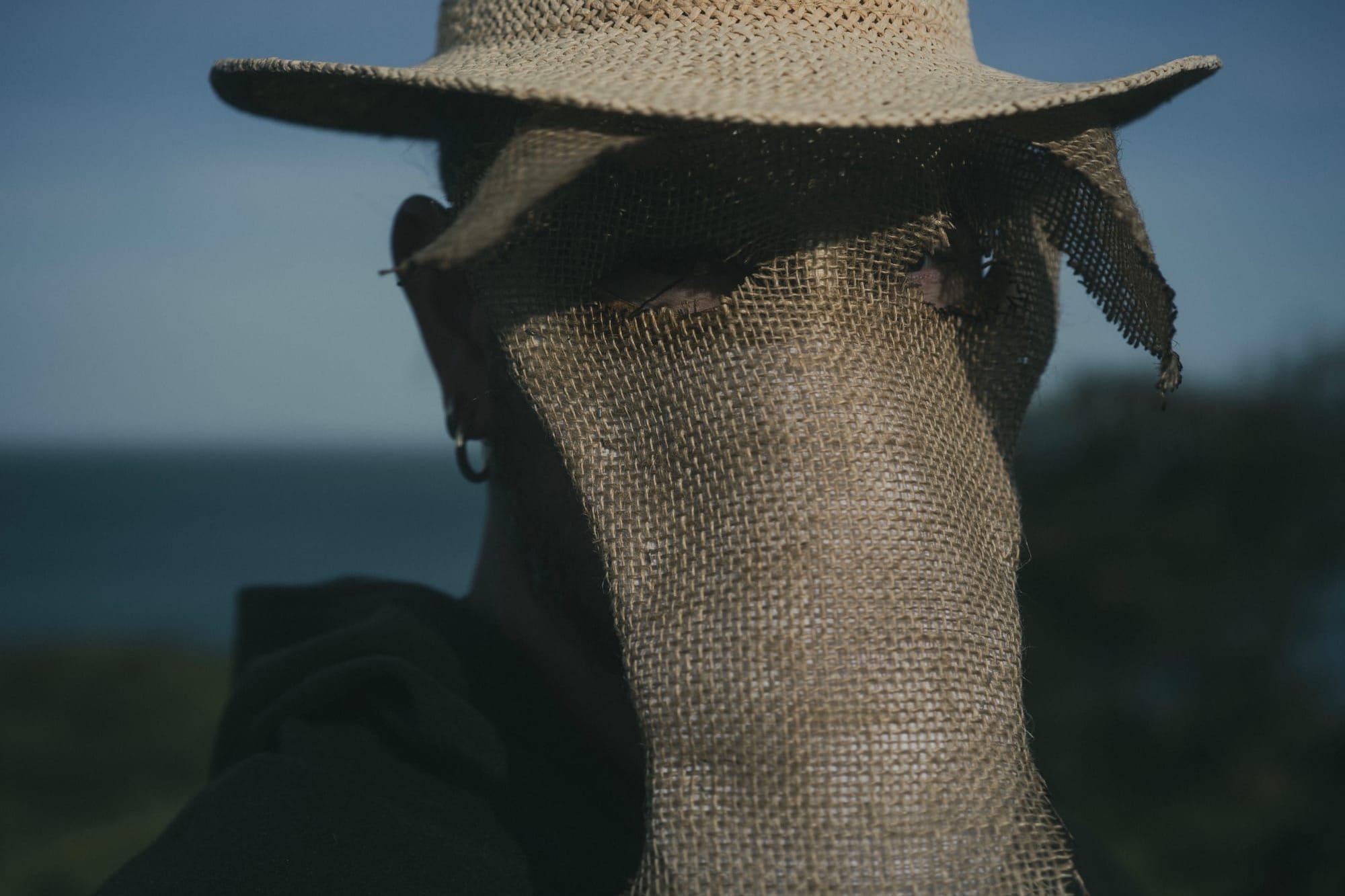
As a high priestess witch for over a decade, Tree often attends events and festivals tied to other significant events in the witch calendar, such as Jack in the Green in Hastings and NeoAncients in Stroud - both of which mark Beltane at the beginning of May.
The idea to put on a Samhain festival in Thanet struck her after attending one such event earlier this year.
“It just hit me,” she says. “We need something for Samhain. And I thought it's such a no-brainer to have it in Thanet because of the history of this place.”
Being a former island, she says, gives Thanet “a very unique energy and story.” It has been “a lookout place,” and “a place where people were taken to be buried,” she says. And although “we’re now connected to the land … if you've ever driven into Thanet, you feel the difference” when you cross the Wantsum river. “It's got great mystery.”
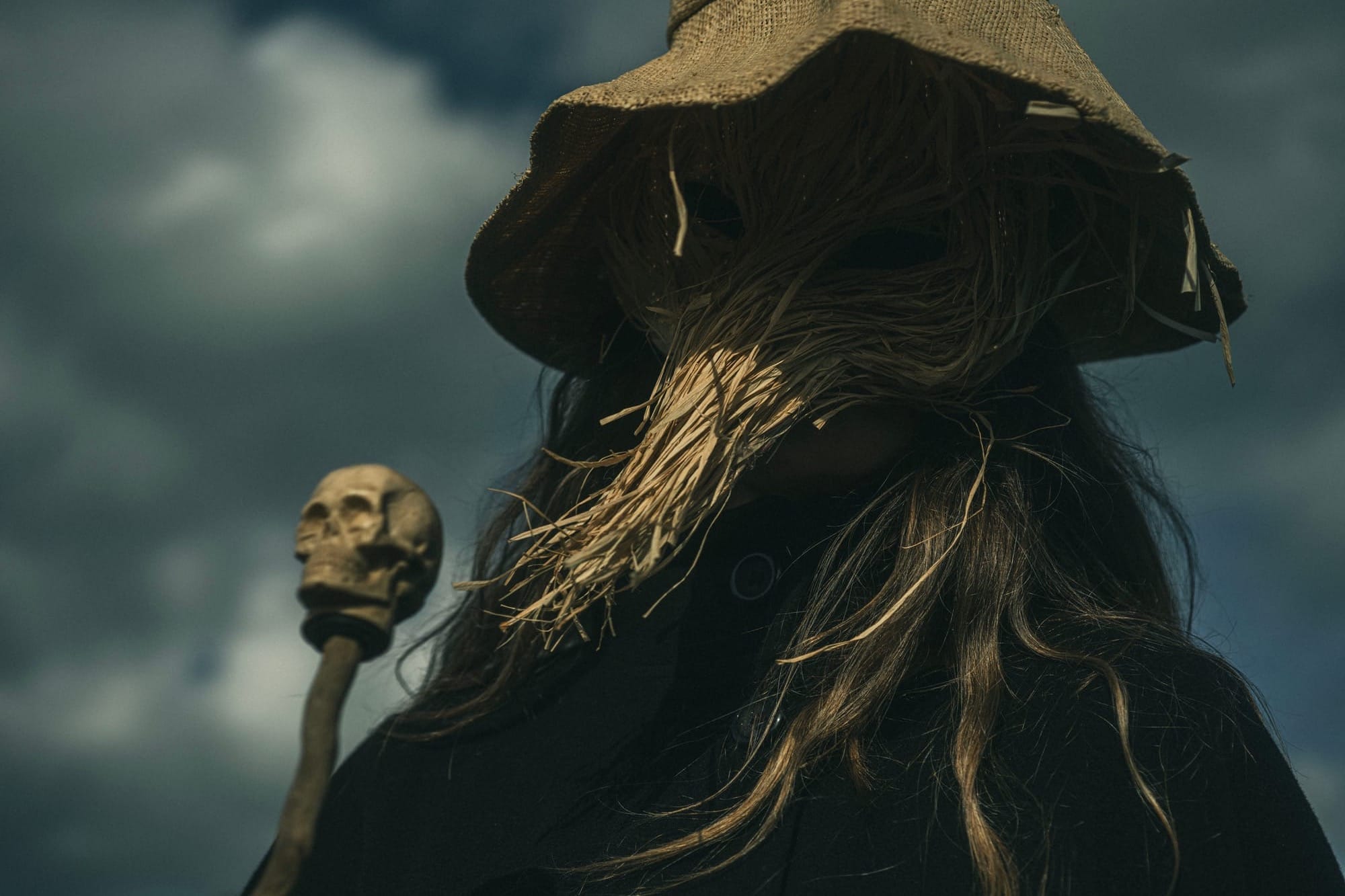
While starting small this year, Tree says she hopes that A Dead Good Festival will become a fixture of Margate’s cultural calendar and expand to include other venues around the town.
“We would love it to grow,” she says. “We want people to come far and wide and to be in all of the guidebooks as the place to go for Samhain and for Halloween. It's a really great time, because that's when a lot of places businesses slow down. So it gives a little bit of a boost before Christmas.”
Aside from attending the festival, I finish by asking what a good starting point would be for anyone interested in getting into magic and mysticism. Bringing it back to where we began, Tree says without missing a beat, “It’s literally going back to 13.8 billion years ago and the Big Bang. I would say use that as your starting point.”
“That really was the first act of magic,” she continues. “Because if something can come out of nothing, I mean, isn't that the definition of magic?
“And that cosmic moment of the Big Bang, it's still evolving. The universe is still expanding outwards. So we're still in the act of magic. We are still in the spell. It's still happening. And so, we are actually magic.”
A Dead Good Festival takes place in venues around Margate from Thursday, October 30 to Sunday, November 2. There is a family-friend mask and banner making workshop at Bar Nothing this Sunday, October 19. Find out more and see the full programme on the Samhain Society website.




